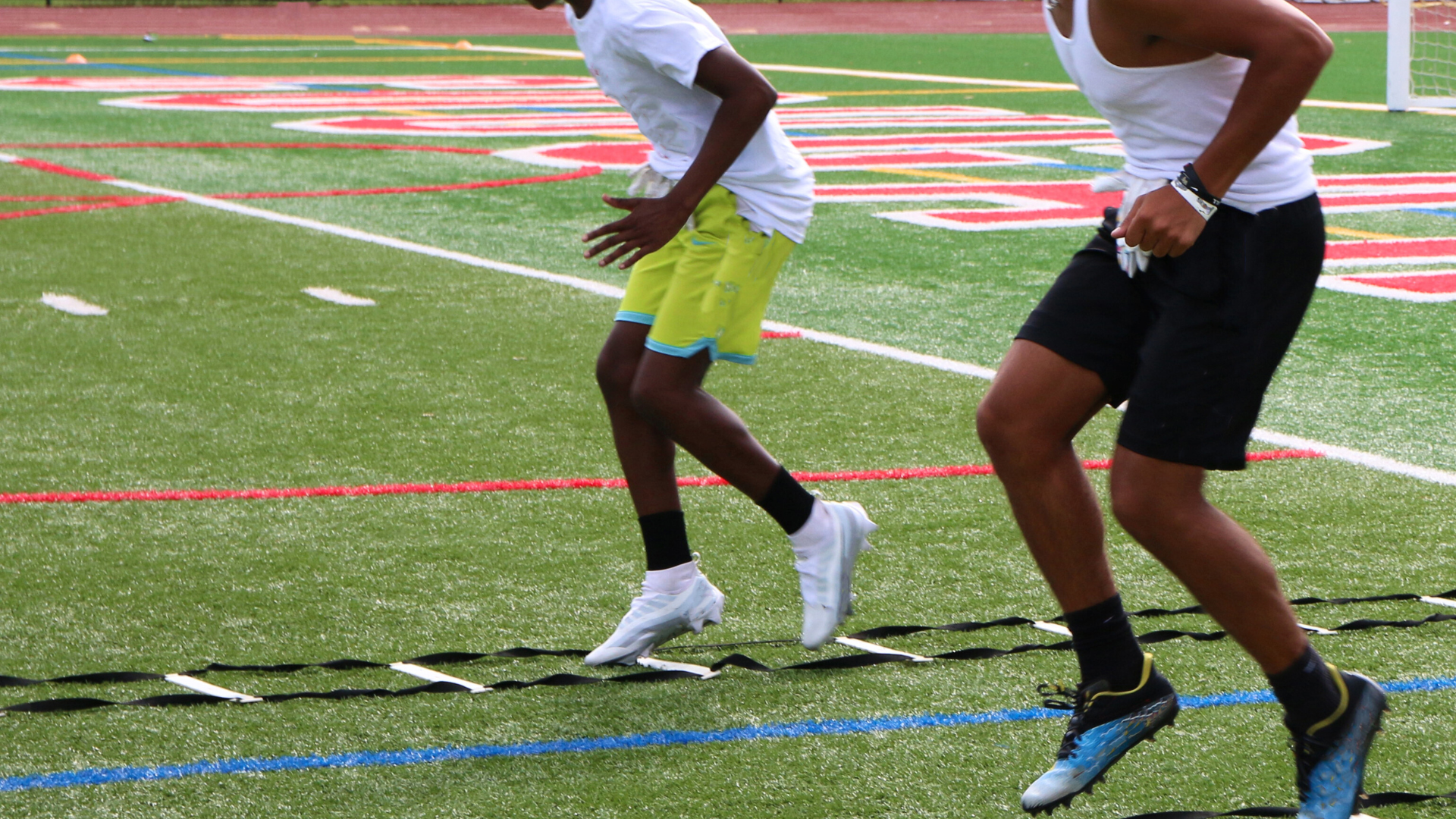Football is a high-intensity sport that places tremendous physical demands on the body. Proper pre-season conditioning is crucial to meet these demands and minimize the risk of injury. At its core, pre-season training prepares football players to perform at their peak and prevent injuries that could impact their season. From a sports medicine perspective, a well-structured pre-season conditioning program is essential for developing the strength, endurance, and resilience needed to thrive in this challenging sport.
Enhancing Muscular Strength and Endurance
One of the primary objectives of pre-season conditioning is to enhance muscular strength and endurance, which are vital for both performance and injury prevention. Football players rely heavily on strong muscles to perform explosive movements, resist tackles, and maintain stability during rapid directional changes. Pre-season conditioning should emphasize exercises that strengthen key muscle groups such as the quadriceps, hamstrings, core, and upper body.
Muscular endurance, the ability to sustain physical activity for extended periods, is equally important. Players must maintain a high level of performance throughout an entire game without succumbing to fatigue. Cardiovascular conditioning, including interval training and endurance exercises, is a core component of pre-season preparation, ensuring that players develop the stamina necessary to sustain high-intensity efforts over time. This focus on endurance helps reduce fatigue-related injuries, which often occur late in games or practices.
Injury Prevention and Body Mechanics
Injury prevention is a central goal of pre-season conditioning, and a well-rounded program can significantly reduce the likelihood of common football injuries such as sprains, strains, and ligament tears. Proper conditioning improves flexibility, balance, and coordination, improving body mechanics and movement patterns on the field.
Sports medicine professionals emphasize exercises that promote joint stability and mobility. Stretching routines, plyometric exercises, and proprioceptive training help athletes improve their range of motion and overall body control. This reduces the risk of injuries caused by sudden movements or overuse, such as anterior cruciate ligament (ACL) tears, dislocation, and hamstring strains, which are particularly common in football.
A critical aspect of injury prevention is progressive conditioning. Gradually increasing the intensity of workouts during the pre-season allows the body to adapt and strengthen without overloading the muscles or joints. This progression helps avoid overuse injuries and prepares the body for the rigors of full-speed play.
Mental Preparation and Cognitive Resilience
Pre-season conditioning prepares the body and plays a crucial role in mental preparation. From a sports medicine perspective, mental toughness and cognitive resilience are just as important as physical conditioning. Football players need to be able to make quick decisions, manage fatigue, and maintain focus during high-pressure situations.
Conditioning drills that mimic game situations can help athletes sharpen their decision-making skills under physical stress. The mental focus developed during these sessions is crucial in maintaining proper technique and body control, which in turn helps reduce injury risk. Cognitive training techniques like visualization and mindfulness may also be incorporated to enhance concentration and reduce stress, essential for injury prevention and performance.
Improving Recovery and Reducing Fatigue
Optimizing recovery is another critical aspect of pre-season conditioning from a sports medicine standpoint. Football players are prone to fatigue due to the physically demanding nature of the sport, and fatigue is a major contributor to injury. Pre-season training should include recovery strategies such as mobility exercises, foam rolling, and proper nutrition to repair muscles between sessions properly.
Conditioning programs should also improve athletes’ ability to recover quickly during games. Interval training and conditioning drills can teach the body how to recover rapidly between plays, minimizing the accumulation of fatigue. This improved recovery enhances performance and reduces the likelihood of overuse injuries and soft tissue strains.
Setting a Foundation for a Healthy Season With Tennessee Orthopedics
Incorporating sports medicine principles into pre-season conditioning ensures a healthy, injury-free football season. By building strength, enhancing endurance, and improving body mechanics, football players can reduce their risk of injury and set themselves up for success. Whether working with a sports medicine team or following a structured program, proper conditioning lays the foundation for optimal physical and mental performance throughout the season.
Pre-season conditioning is not just about getting in shape for the first game but also about long-term health, injury prevention, and maximizing performance potential. Players prioritizing their conditioning will experience fewer injuries and enjoy a more prosperous and sustainable football career.




